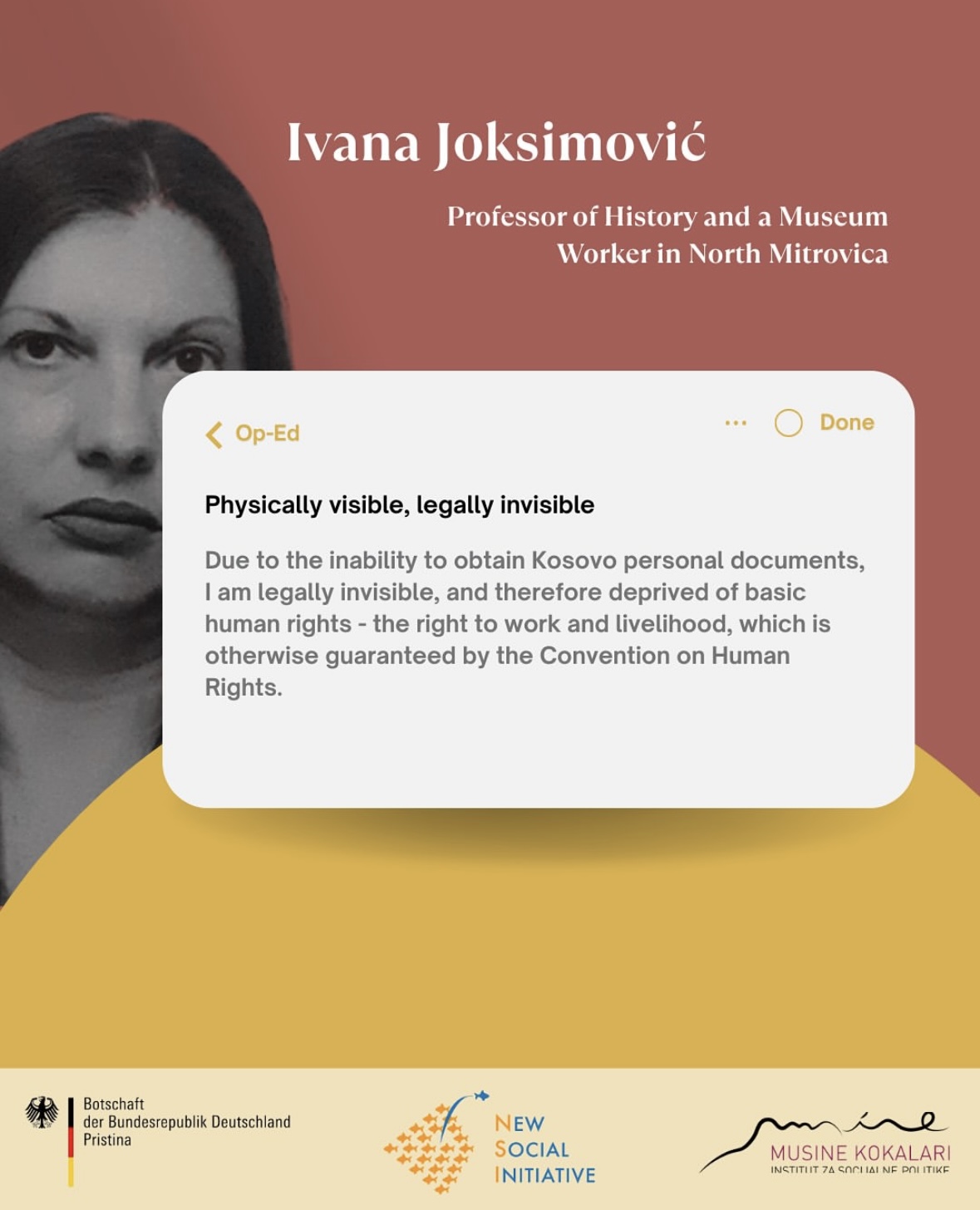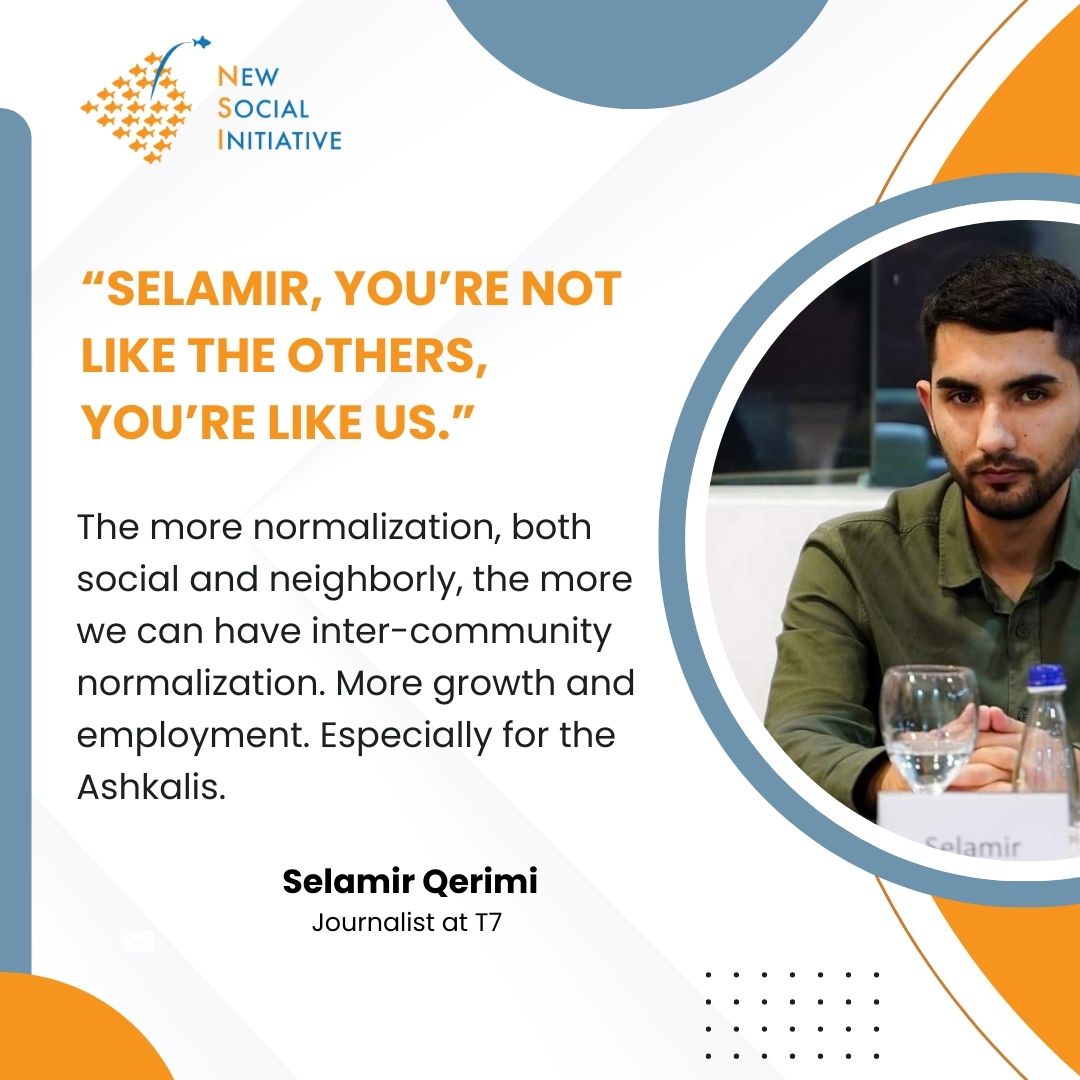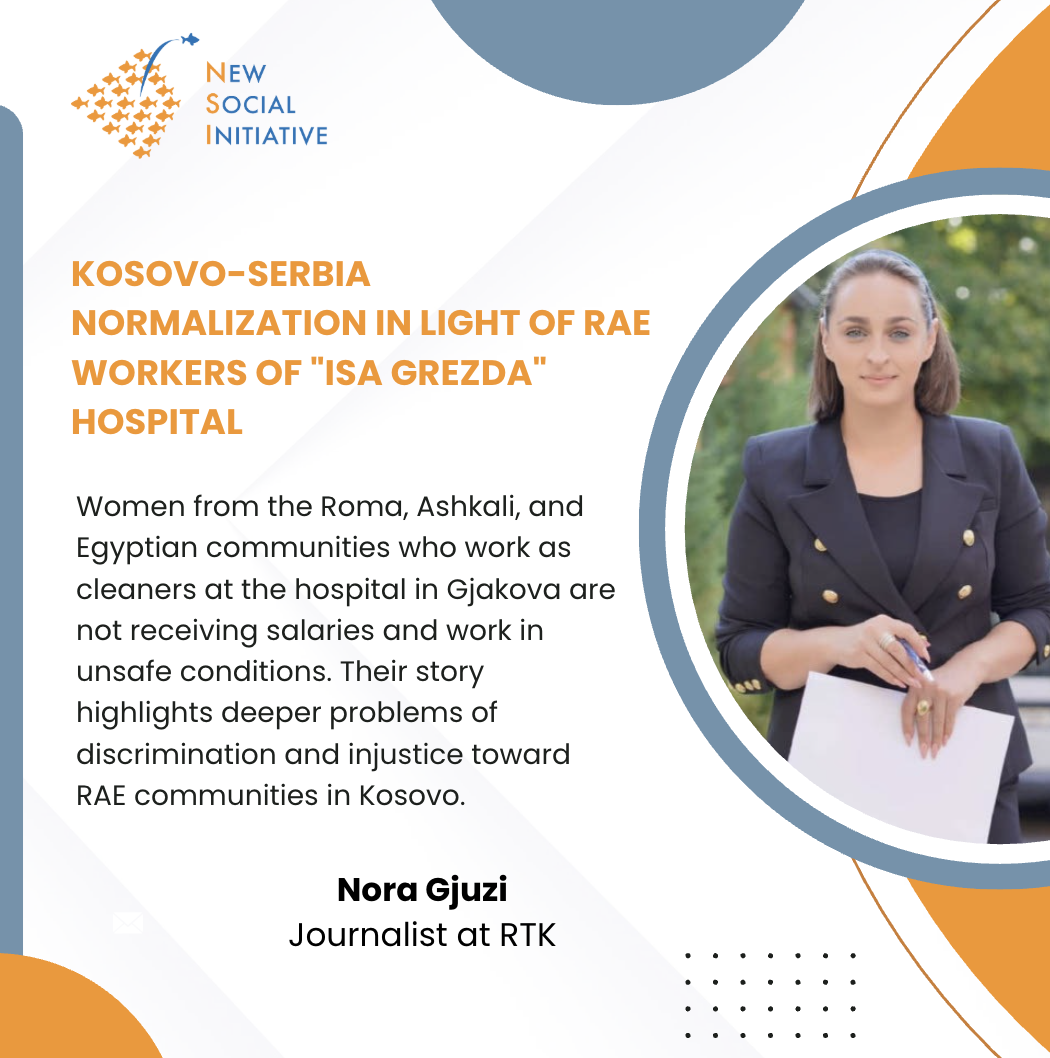It is known that since the establishment of Kosovo identity documents, which, you remember, passed from UNMIK IDs to those of Kosovo, official Belgrade and the government in Serbia did not recognize them. Since the beginning of the Brussels Agreement, and after the Ohrid Agreement, it has always been ‘negotiated‘ that the freedom of movement of citizens is a priority, and it turned out that it is not like that. After many years, reciprocity was established in Serbian documents, and Serbia finally accepted those of Kosovo.
Although since the first signing of the Brussels Agreement in 2011, which was then signed by the then Prime Ministers of Kosovo and Serbia, Hashim Thaci and Ivica Dacic, with the mediation of the then High Representative for Foreign Affairs and Security Policy in the European Union, Catherine Ashton, it seems that fourteen years after that agreement, there is relief, but for certain citizens.
Then came the agreements of 2013, and 2015, where it was mostly discussed about the establishment of the Community of Serb-majority Municipalities, where the Serb community, as a majority minority community in Kosovo, would exercise some rights guaranteed by the Constitution of Kosovo.
Governments in Kosovo changed, from the Democratic Party of Kosovo to the Democratic League of Kosovo, to the Alliance for the Future of Kosovo, but in the last four years when the Vetevendosje Movement took over the government, it seems that more work has been done to create difficulties for citizens than to bring relief.
There are still a certain number of members of the Serb community living and working in Kosovo but unable to obtain Kosovo documents. The only ones they have are those from the Serbian system, where cities in Kosovo are listed as ‘PU Priština’, ‘PU Kosovska Mitrovica’ or ‘PU Gnjilane’. Precisely these documents, Kosovo institutions consider ‘illegal’ and invalid, while ordinary citizens are forced to move, for fear of being fined or perhaps arrested for possessing ‘illegal documents‘, while the same authorities do not allow them to obtain Kosovo documents. There is also the fear that they may be expelled from Kosovo, and here they have everything: life, family and work.
Marijana Jovanovic has lived in North Mitrovica since 2003. Her father was born in the then Tito’s Mitrovica, which is still called Mitrovica, but is now divided into South and North. Her mother was born in Gracanica. Mariana’s bad luck is that she was born in Kraljevo in 1988, a town belonging to the district of Raska in Serbia.
She finished part of the elementary school in North Mitrovica, then high school and college. In that town, she got married and started a family and found a job. To date, she has no Kosovo documents, and she has been trying to obtain them for years.
According to the administrative instruction that in 2013 was signed by the then President of the Assembly of Kosovo, Jakup Krasniqi, it was not possible to have dual citizenship (for example, Kosovo and Serbia), and hence double documents. Members of the Serbian community did not want to renounce their Serbian citizenship at the time, because if we go back to the beginning of the text, Serbia did not accept Kosovo documents, and entry into Serbia with Kosovo ID cards was impossible. Then, in 2021, when Kosovo Prime Minister Albin Kurti imposed reciprocity on Serbian documents, Serbia allowed entry with Kosovo documents, and the Kosovo government promised to make it easier for non-majority communities to switch from Serbian documents to those of Kosovo, not only ID cards, but also driver’s licenses. And this began, but there are conditions, which some citizens, such as the aforementioned Marijana, do not meet. Now dual
citizenship is also allowed, but if you want to have Kosovo documents, more precisely, the extract of citizenship, you must attach evidence that in the period from 1990 to 1999 you had an identity card of the then Federal Republic of Yugoslavia registered in a municipality in Kosovo. Many do not have this, but have evidence from schools, workbooks and similar documents, which the officials of the Document Registration Centers cannot recognize, because it must be a photo document, and this means an ID card or passport.
Marijana Jovanovic was a minor at the time, she reached adulthood in 2006, so this rule does not apply to her. She was told that she had to get a residence permit for five years, and then they would check (they didn’t explain to her how) whether she was eligible for citizenship. For a residence permit, she applied to the Migration Center in Pristina in 2019, and then the COVID-19 pandemic happened, and she never came back. Afterwards, when the coronavirus pandemic came to an end, she was told that her residence permit at the time only lasted six months and that she would have to do everything from scratch.
The paradox in her case is that in the Serbian system she married a Kosovo citizen in 2011, and has a marriage certificate in the Kosovo system (to which her husband applied as soon as they got married and got it), her children have certificates with Kosovo citizenship because they were born in Kosovo, but she still fails to get personal documents after so many years.
The new instruction and as a mitigating circumstance lasts from February to April 2025, that citizens who after 1999 were born in Kosovo, can apply for the issuance of Kosovo documents. In this instruction, there is no solution to the problem of Marijana, and there are many people like Marijana in Kosovo.
A “European solution” was reached, the then High Representative for Foreign Affairs and Security Policy of the European Union, Joseph Borrell, said in 2022 adding that after nine days of negotiations at the Brussels dialogue, an agreement on identity cards was reached between Serbian President Aleksandar Vucic and Kosovo Prime Minister Albin Kurti. In practice, this agreement seems to be valid only for Kosovo and Serbia to accept already issued documents, but there is still no solution for those who have only Serbian documents issued by the police administrations of Kosovo towns, which Kosovo institutions consider illegal.
This publication was made possible in the framework of the project “Dialogue, Solution, Future”, with the support of the Ministry of Foreign Affairs of the Federal Republic of Germany, implemented by the New Social Initiative (NSI) and the Institute for Social Policy Musine Kokalari. The content of this article is the exclusive responsibility of the Institute for Social Policy Musine Kokalari and the New Social Initiative. It does not necessarily reflect the views of the Ministry of Foreign Affairs of the Federal Republic of Germany.










